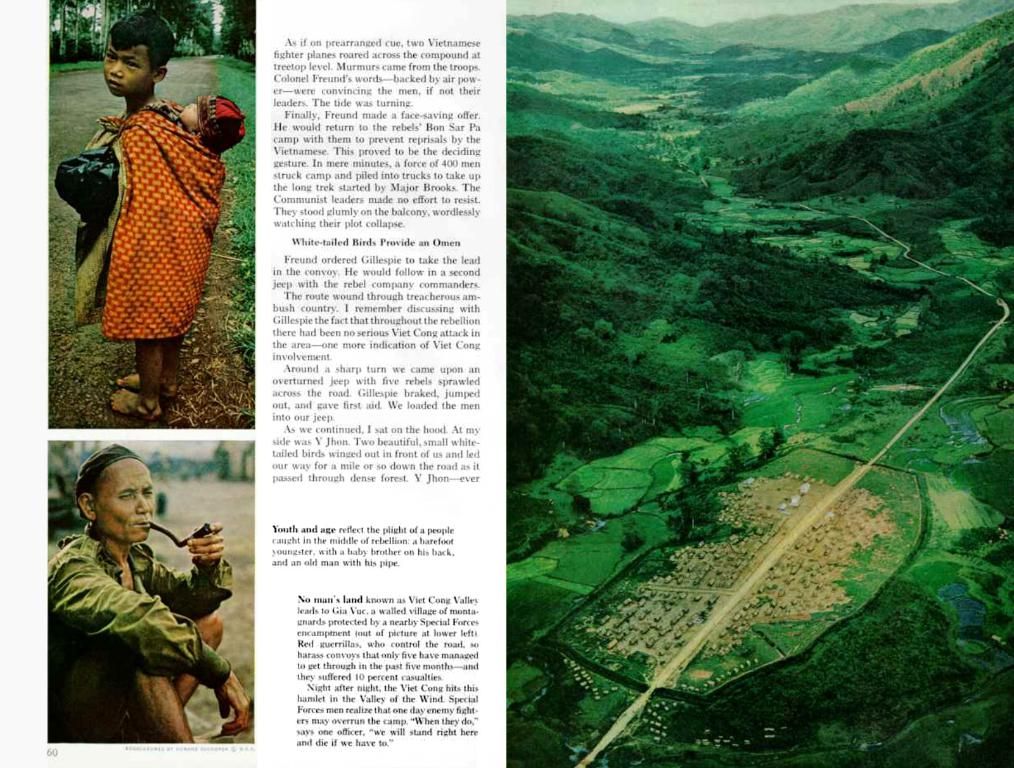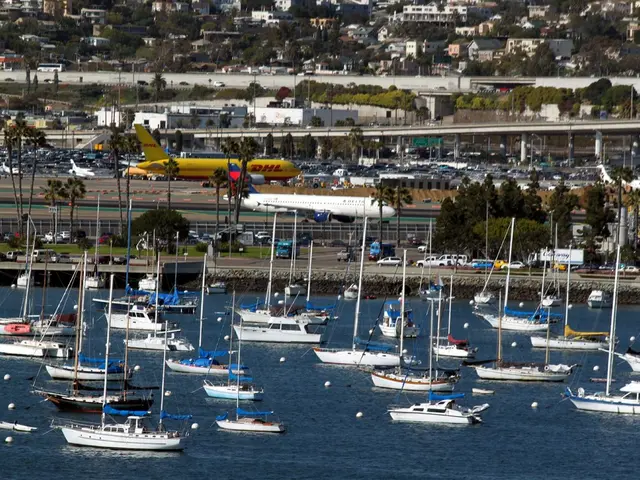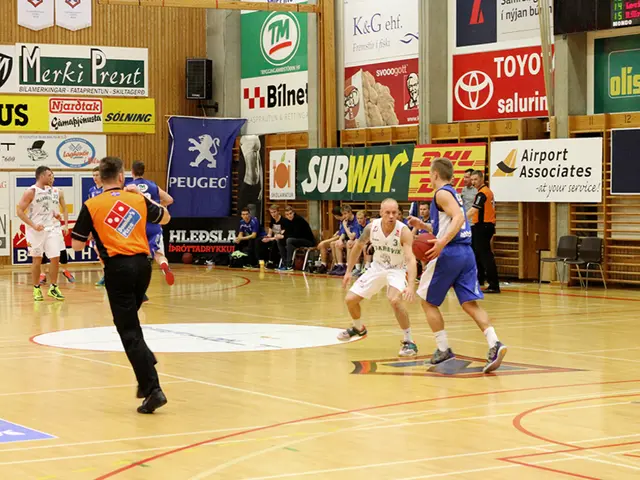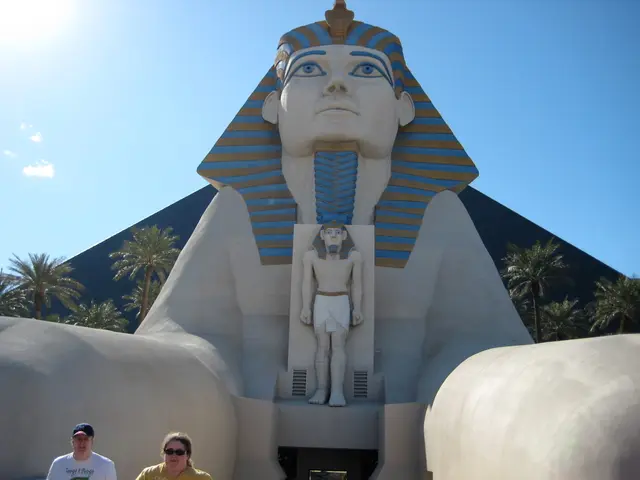Mount Everest, once considered the peak of daring adventures, now resembles a chaotic spectacle.
A Blunt Take on Everest's Commercialization by First Welsh Climber
Caradoc Jones, the Welshman who conquered Mount Everest back in 1995, isn't pulling any punches when it comes to bashing the modern mountaineering industry. He bluntly labeled it a "complete circus" affected by outrageous prices, commercialization, and hordes of selfie-takers and box-tickers.
Jones, now 65, strongly believes that we're jeopardizing the essence of adventure if we continue down this path. "Summit fever has turned civilization's highest peak into a for-profit carnival, barely resembling real mountaineering," he cautions.
The Everest expedition, which cost between £2,000 and £3,000 in the 90s, now sets climbers back between £33,000 and £55,000 - a hefty price hike.
Jones, from Pontrhydfendigaid, Ceredigion, reminisces about his climbing upbringing in "beautiful Eryri," nurturing his passion for mountains. He honed his skills on ice cliffs in Scotland and the Alps before attempting Everest. His preparation with Danish climber Michael Knakkergaard Jørgensen was focused on scaling the northern side of Mount Everest, where the real thrill began at 1,800 meters, with the body feeling the brutal effects of altitude.
Jones vividly recalls the trials they faced during their ascent, including a three-day storm near 8,300 meters that left them with uncertainty, only for the winds to gentlify and allow them to continue their final push to the summit. The happiness and relief that swept through him as he approached the peak felt like a hard-earned victory.
With regret, Jones sees the modern ascent of Everest as a commoditized affair fraught with red tape. Today, climbers face a growing list of regulations, including mandatory tracking systems and GPS, requirements to have summited a 7,000-meter peak, and even a demand for documentation.
Baffled by the new regulations, Jones questions the industry's mantra of expertise: "People think you can't conquer mountaintops unless you've passed an exam, bought the right gear, and enrolled in courses. But the heart of mountaineering lies in the quiet achievements of climbers in every corner of the globe."
Nepal is grappling with balancing its booming tourism industry, environmental concerns, and safety issues, but Jones worries that the measures may suck the spirit out of the adventure.
In 2025, Nepal is rolling out a suite of measures to rein in Mount Everest's commercialization. These include enforcing a climbing experience prerequisite for 7,000-meter peaks, mandating Nepalese guides, health checks, harsher fines for littering, and higher permit costs. The new rules aim to reduce fatalities, overcrowding, and ensure that only experienced climbers take on the challenge. Overall, it's a fight to bring back the raw, exhilarating essence of scaling the highest mountain on Earth.
- Caradoc Jones, the first Welsh climber to conquer Mount Everest, criticizes the modern mountaineering industry, labeling it a "complete circus" of commercialization, outrageous prices, and selfie-takers.
- Jones expresses concern that the essence of adventure is being jeopardized by the current path, describing Mount Everest as a for-profit carnival that barely resembles real mountaineering.
- In the 1990s, the Everest expedition cost between £2,000 and £3,000; today, it ranges from £33,000 to £55,000, illustrating a significant price hike.
- Jones reminisces about his childhood in "beautiful Eryri," where he nurtured his passion for mountains, honing his skills on ice cliffs in Scotland and the Alps before attempting Everest.
- Recounting his ascent, Jones recalls the trials they faced, including a three-day storm near 8,300 meters and the relief he felt approaching the summit.
- Jones laments the commoditization of modern Everest ascents, expressing confusion over the industry's mantra of expertise, believing that quiet achievements by climbers worldwide define mountaineering.
- In an effort to address tourism, environmental concerns, and safety issues, Nepal is implementing new measures in 2025 to combat Mount Everest's commercialization, including requiring climbing experience on 7,000-meter peaks, mandating Nepalese guides, health checks, harsher fines for littering, and higher permit costs, aiming to reduce fatalities, overcrowding, and ensure only experienced climbers take on the challenge.







